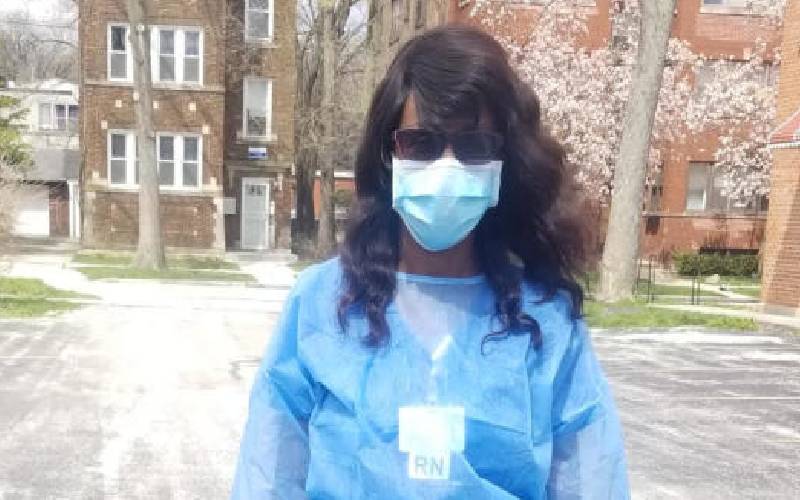×
The Standard e-Paper
Smart Minds Choose Us

The Kenyan nurses have one piece of advise for Kenyans: Stay at home.
Corazon Akoo had not prepared for a global Covid-19 pandemic in the first year of her nursing career.